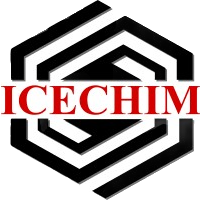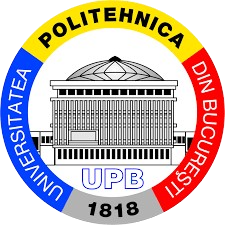NaDUMAS


PN-III-P2-2.1-PED-2019-4687
Framework
Experimental - Demonstration Projects PED-2019 (competition id: PN-III-P2-2.1-PED-2019)
Project description
The NaDUMAS project is financed by the Romanian Ministry of Education and Research, CCCDI - UEFISCDI, project number PN-III-P2-2.1-PED-2019-4687,
within PNCDI III, the contract number 398 PED/2020.
The scope of the project is to develop a technology for obtaining nanodielectrics for underwater
microstrip antenna substrate, in order to improve the efficiency of the wireless data transmission between the underwater equipments.
Patch (or microstrip) antennas are among the most common antenna types in use today, because they can provide high performances in small
packages (especially for modern fixed and mobile wireless devices), high gain, or light weight, or handle high power levels. The choice of
the dielectric substrate material plays a key role in the size and performance of a patch antenna, such as achieving maximum gain at the
desired radio frequency (RF). As for RF for underwater communication they should be as low as possible because of the high losses due to
conductivity of sea water, which leads to the increase of the absorption loss at high frequencies.
The main research goal of NaDUMAS project is to obtain nanodielectrics with high dielectric constant and in the same time with very
low dielectric losses, together with all the other properties required for patch antenna substrates: homogeneity, dimensional stability
with processing and temperature, humidity and aging, resistance to chemicals, impact resistance, formability, bonding ability, foil adhesion etc.
The variation of the dielectric properties with frequency and temperature will be analyzed on the proposed nanodielectrics by
broadband dielectric spectroscopy in ELMAT laboratory from UPB and in
Advanced Materials for Electrical Engineering (AMEE) laboratory from research center CAMPUS-UPB.
First, several polymer nanocomposite will be proposed and tested to analyse their potential as substrate for patch antennas.
Then, the best nanodielectrics will be in depth investigated regarding their dielectric, mechanical and thermal properties.
Finally, selected nanodielectrics will be used as substrate to prepare patch antenna structures to be tested and compared
with commercial available antenna substrates.
The estimated results are experimental and theoretical studies, multiscale models of nanodielectrics, new methods and techniques for
obtaining and characterization of the structure and properties (electrical/dielectric, thermal and mechanical) of high performance
polymer nanocomposites to be used as as substrates for microstrip patch underwater antennas.
Duration
The duration of NaDUMAS project is two years, from October 2020 to October 2022.
Budget
The NaDUMAS budget is 600.000 RON.